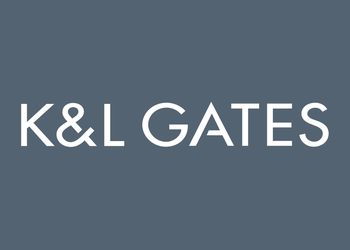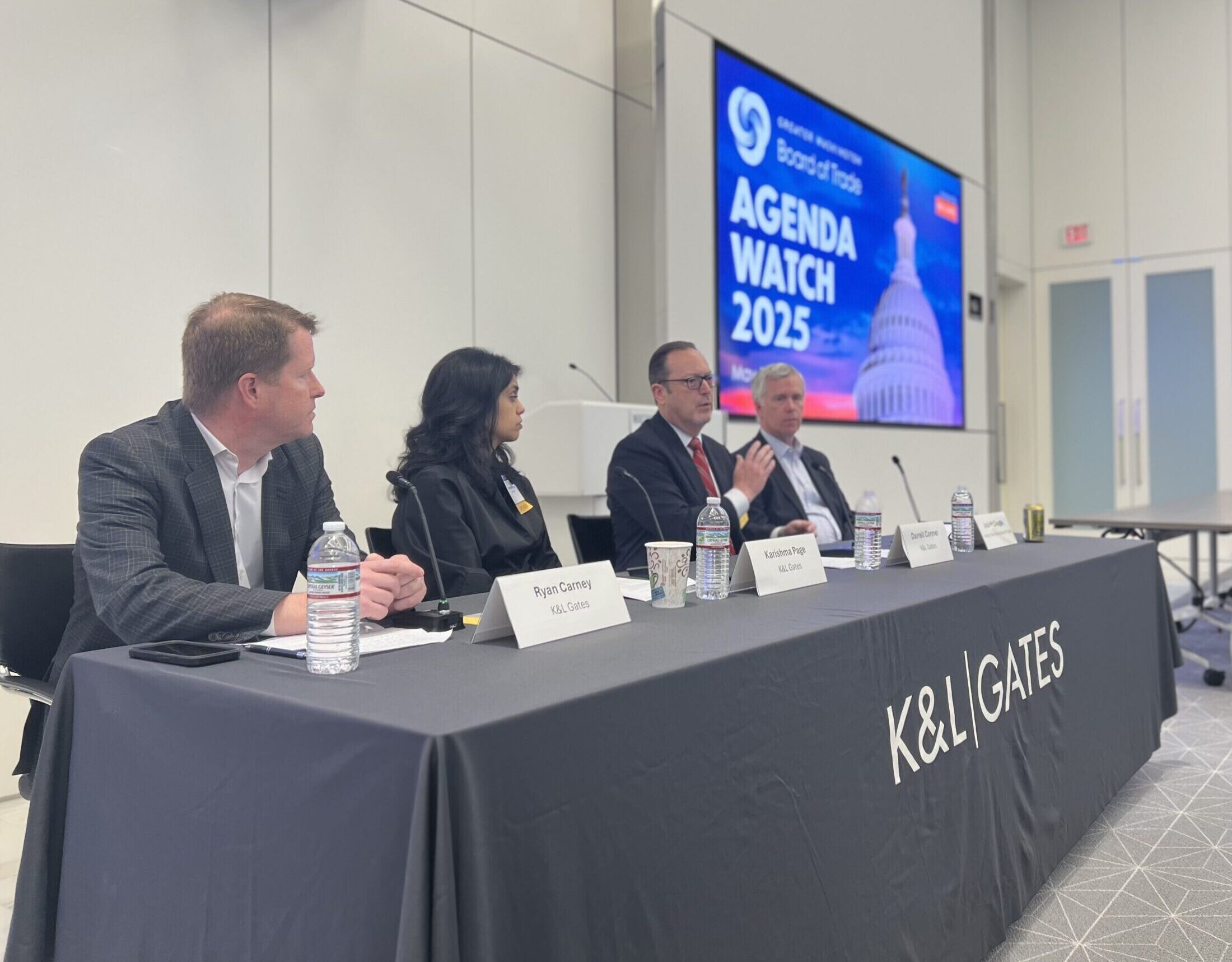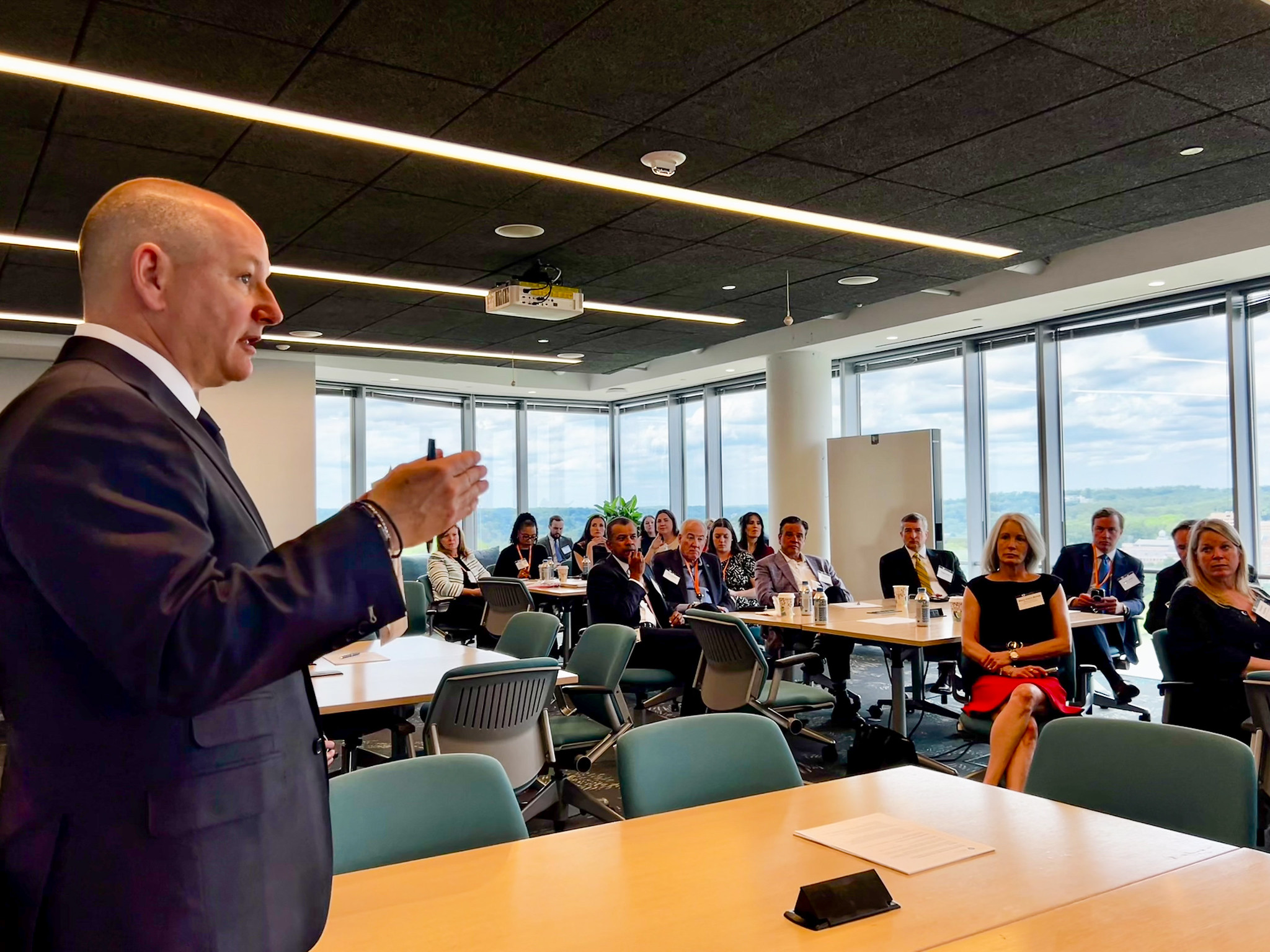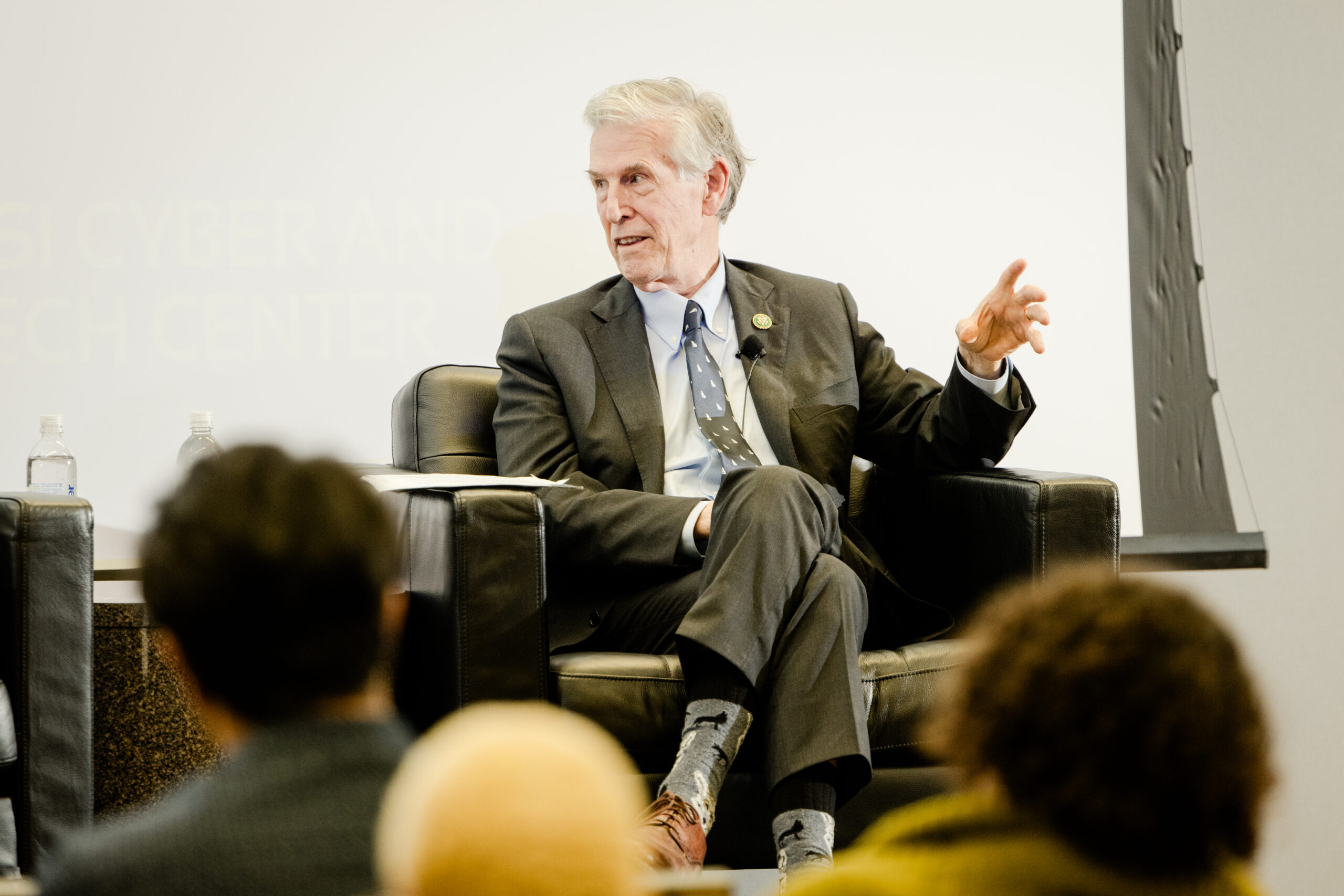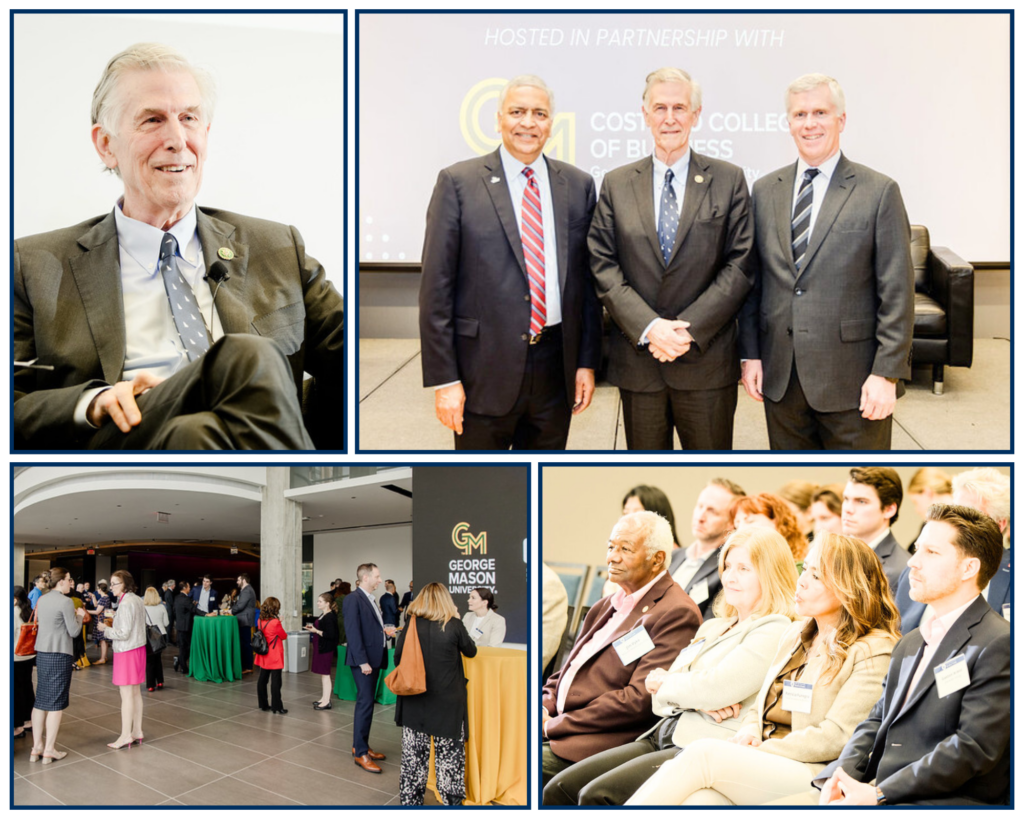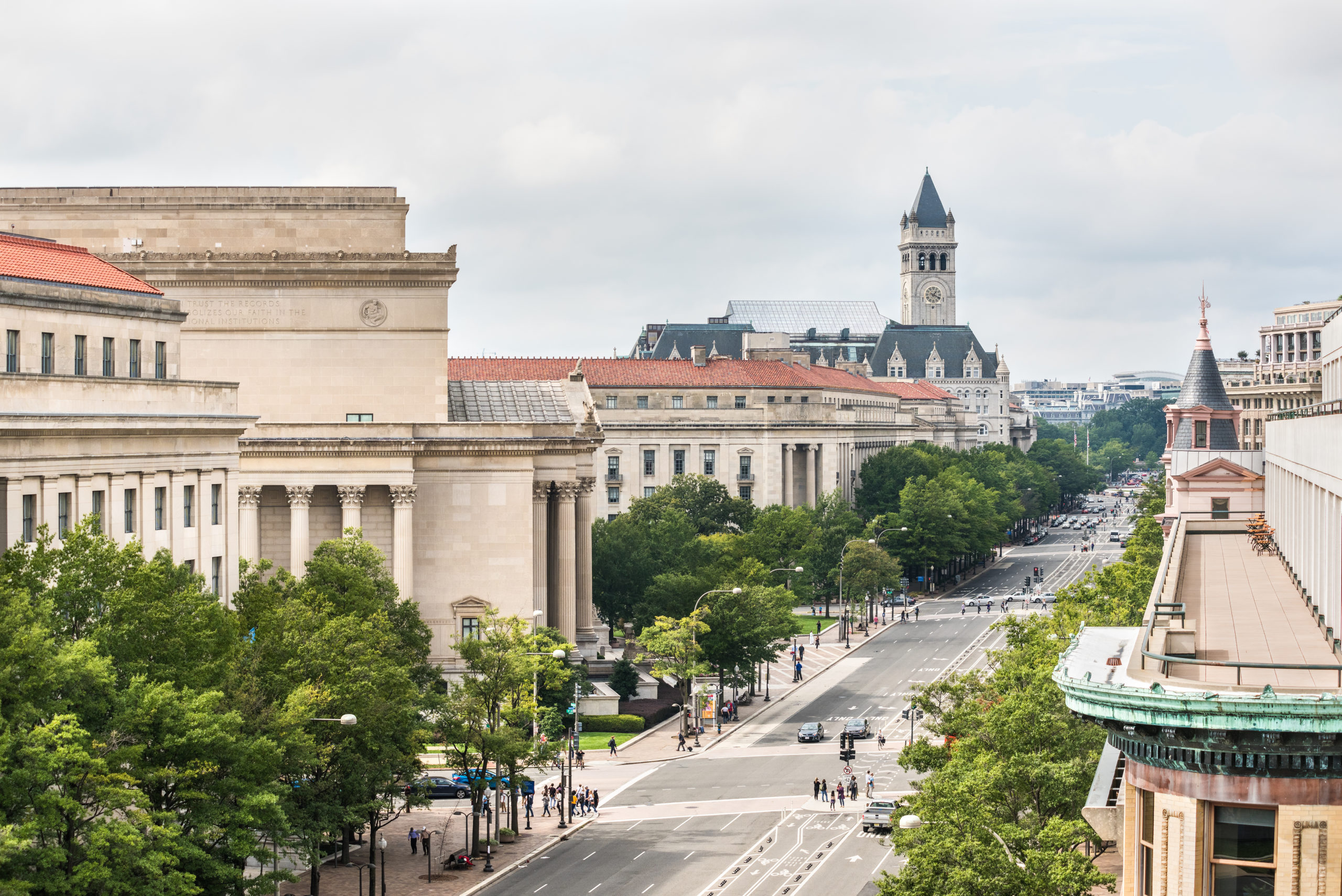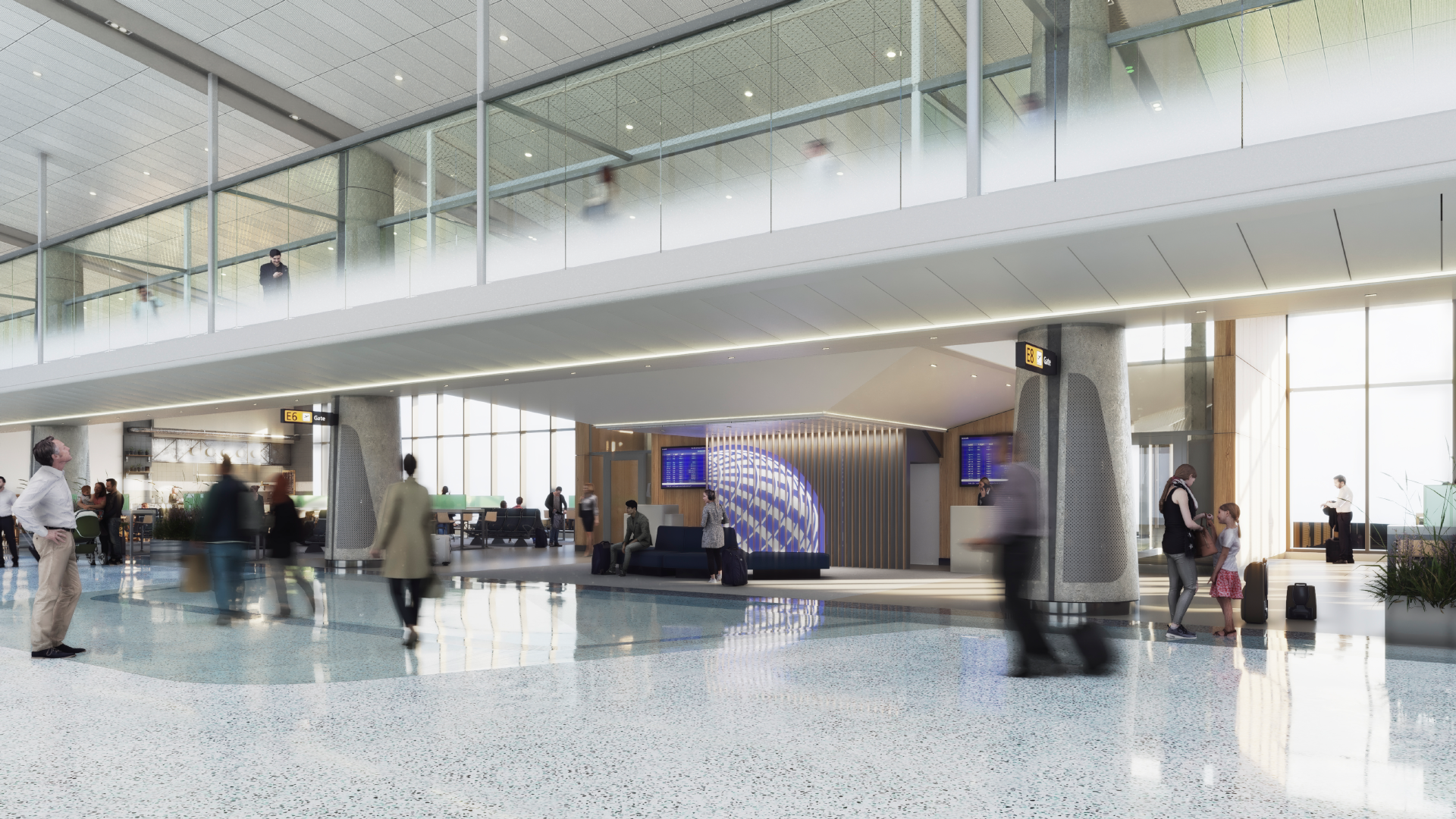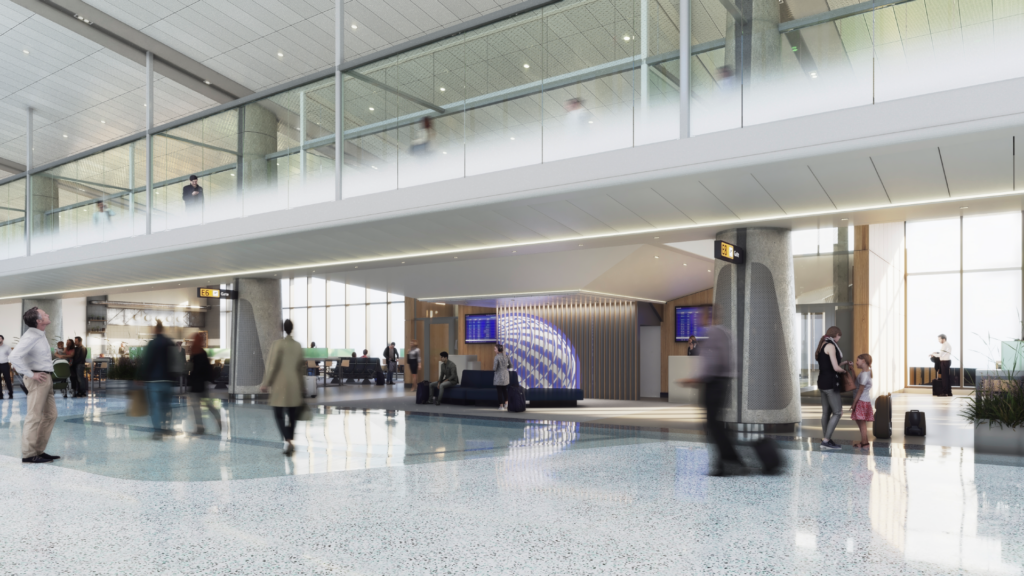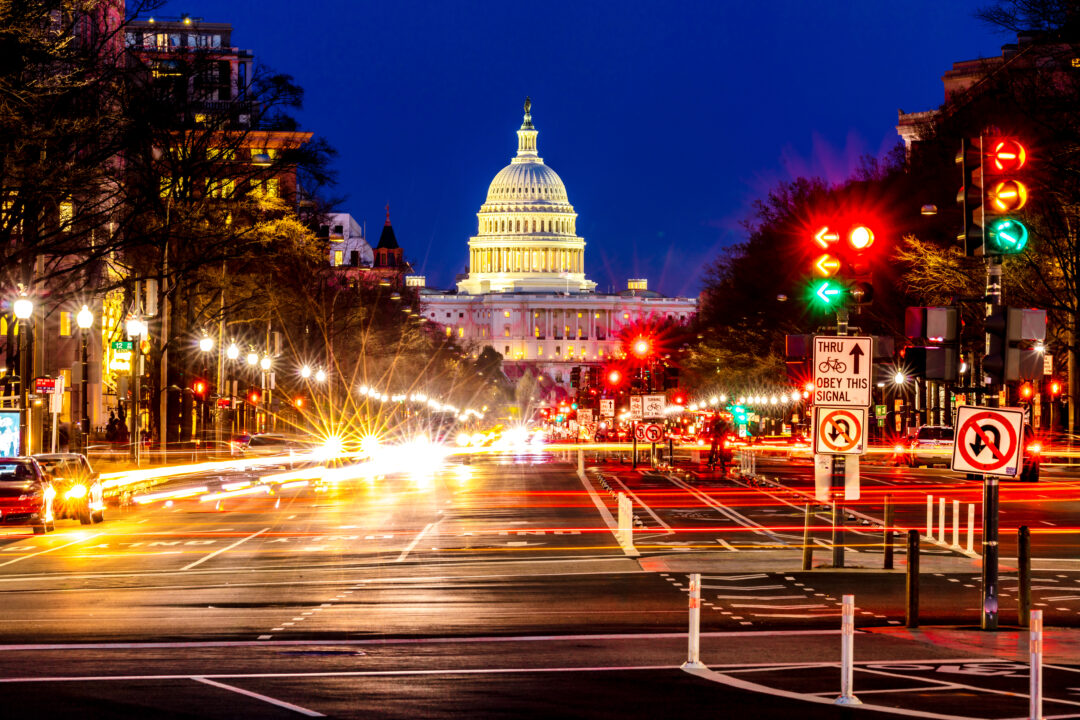The first 100 days of a presidential administration are typically seen as a critical window for shaping priorities and building momentum. But as we heard in our latest Agenda Watch session – hosted in partnership with K&L Gates – this administration isn’t waiting around. The pace is so rapid, you can barely compute the first 100 hours, let alone the first 100 days.
Well over 100 executive orders have already been issued – marking a historic pace of presidential action. Senior officials were vetted and ready well before Inauguration Day. Federal agencies are moving quickly to execute an ambitious and sweeping plan to reshape the size, scope, and style of government. What may look chaotic on the surface is in fact a tightly coordinated and years-in-the-making strategy to act with speed and authority – especially in areas where congressional consensus is unlikely.
While much of the conversation centers on specific policy actions, what’s unfolding is part of a broader transformation—one that reflects a shift from the analog operating model of the past century to a digital-first, disruption-driven approach to governance. We’re witnessing the federal system being rewired for a new era: one defined by speed, decentralization, and real-time decision-making. The implications go far beyond politics—they challenge long-standing assumptions about how government functions, and how leaders outside of government must respond.
That’s why we launched Agenda Watch. This program is designed to help leaders in the Greater Washington business community stay ahead of these shifts—not just as observers, but as strategic actors. During our most recent session, we explored what these developments mean for the region and how leaders can adapt in an environment increasingly defined by volatility, speed, and structural change.
The Core Question: How do leaders navigate this moment of compressed change?
Among the key takeaways from the briefing:
- This is more than politics—it’s structural. While many moves reflect a long-standing conservative vision for shrinking government, they also represent a shift in how executive power is being exercised – faster, more centralized, and more willing to sidestep traditional federal processes.
- Executive orders are setting tone and direction. Though not equivalent to permanent law, the early wave of executive actions is already reshaping policy implementation. They signal priorities, shift agency focus, and can lay the groundwork for future regulatory or legislative changes. Their volume and velocity are strategic.
- Engagement doesn’t equal endorsement—but it matters. Business leaders must navigate unpredictability with discipline. Staying engaged across the political spectrum is essential for understanding how decisions are being made, where there’s room to align, and when to proactively offer alternatives.
- National security—not just economic policy—is the driving lens. Decisions about AI, energy, workforce policy, and trade are increasingly shaped by geopolitical risk and the desire for U.S. self-reliance. That includes efforts to reduce dependence on China for critical materials, strengthen domestic manufacturing, and secure technological leadership. While these objectives are clear, their policy paths may feel contradictory or disjointed at times.
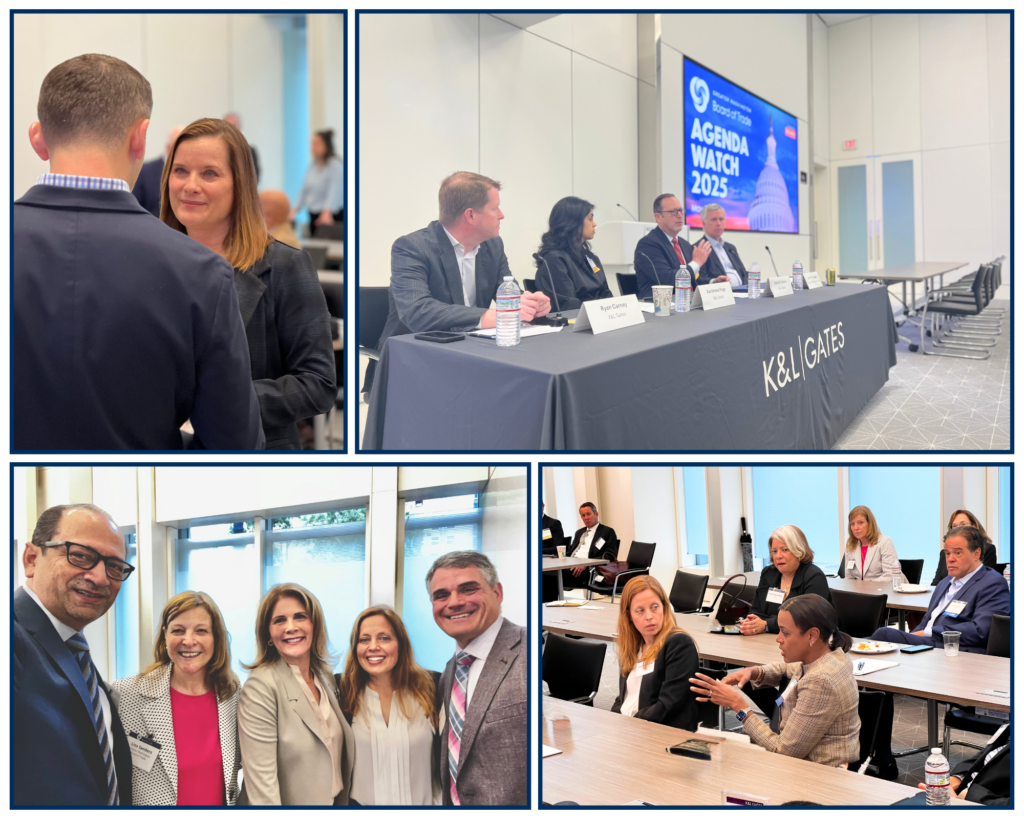
VIEW MORE PHOTOS HERE
This goes beyond politics and policy—it’s about leadership in flux.
For leaders across business, government, and the civic sector, the challenge isn’t just responding to change – it’s anticipating and absorbing it. The rules of engagement are evolving, but so are the expectations for how organizations show up, plan, and lead.
As the session concluded, four guiding principles emerged to help frame decision-making in this climate:
- Acknowledge volatility as a constant
Volatility is not episodic anymore – it’s systemic. Economic, regulatory, and political disruptions are happening in shorter, faster cycles.
- Balance long-term strategy with short-term agility
You need both a long-term strategy and the flexibility to pivot. Resilience lies in the ability to move between the two without losing your direction.
- Embrace calculated risk to stay competitive
Managing risk is no longer about avoidance – it’s about understanding, adapting, and acting. Those who take thoughtful risks will be better positioned to lead through disruption.
- Own your narrative—and ground it in shared outcomes
Don’t let others define your organization’s values or voice. Ground your message in shared economic outcomes, practical problem-solving, and the ability to work across divides.
The Board of Trade will continue to provide tools, insights, and convenings to support our members in this shifting landscape. Through Agenda Watch and other programming, we’re committed to elevating nonpartisan analysis, amplifying regional priorities, and helping our members lead through uncertainty with clarity and confidence.
Thank you to K&L Gates for sponsoring this vital discussion that engages our members and partners in the Greater Washington region.
